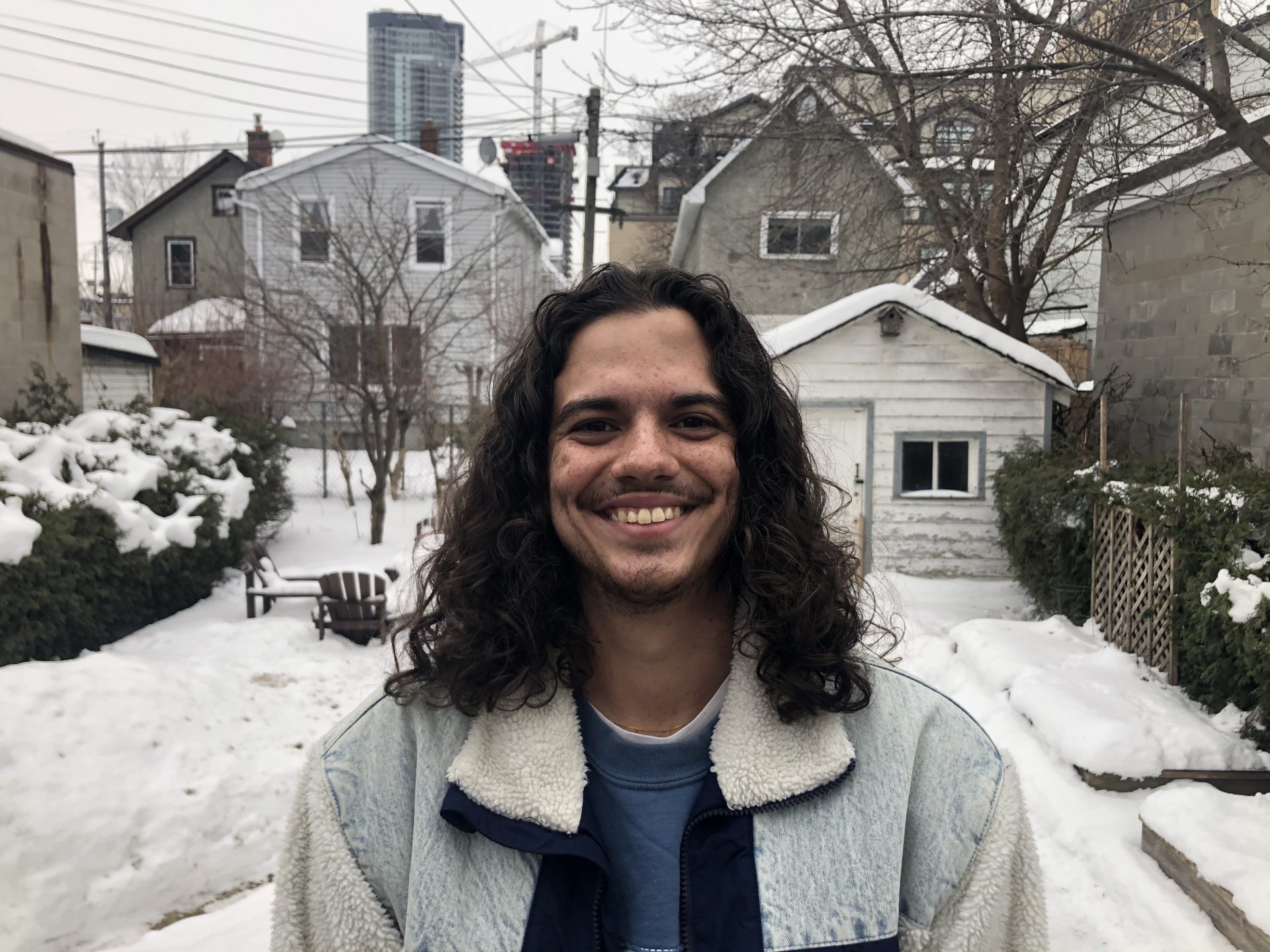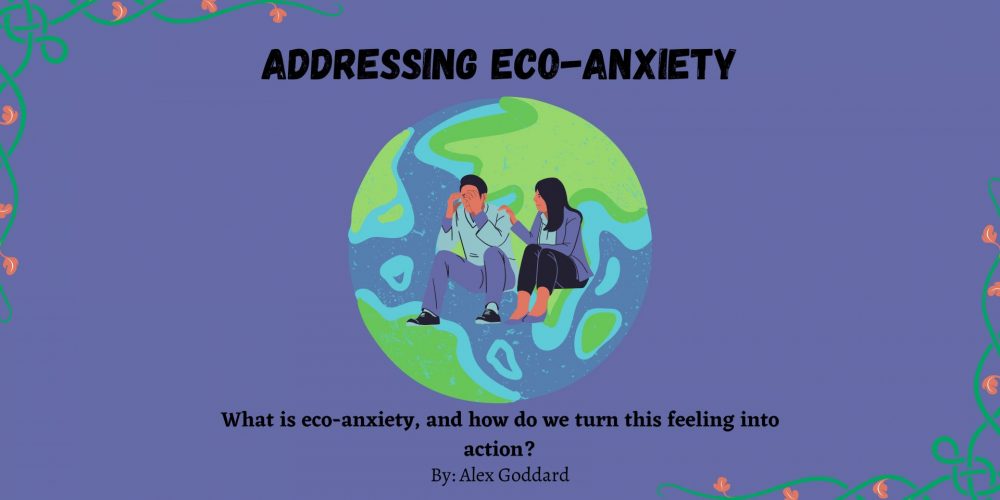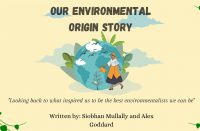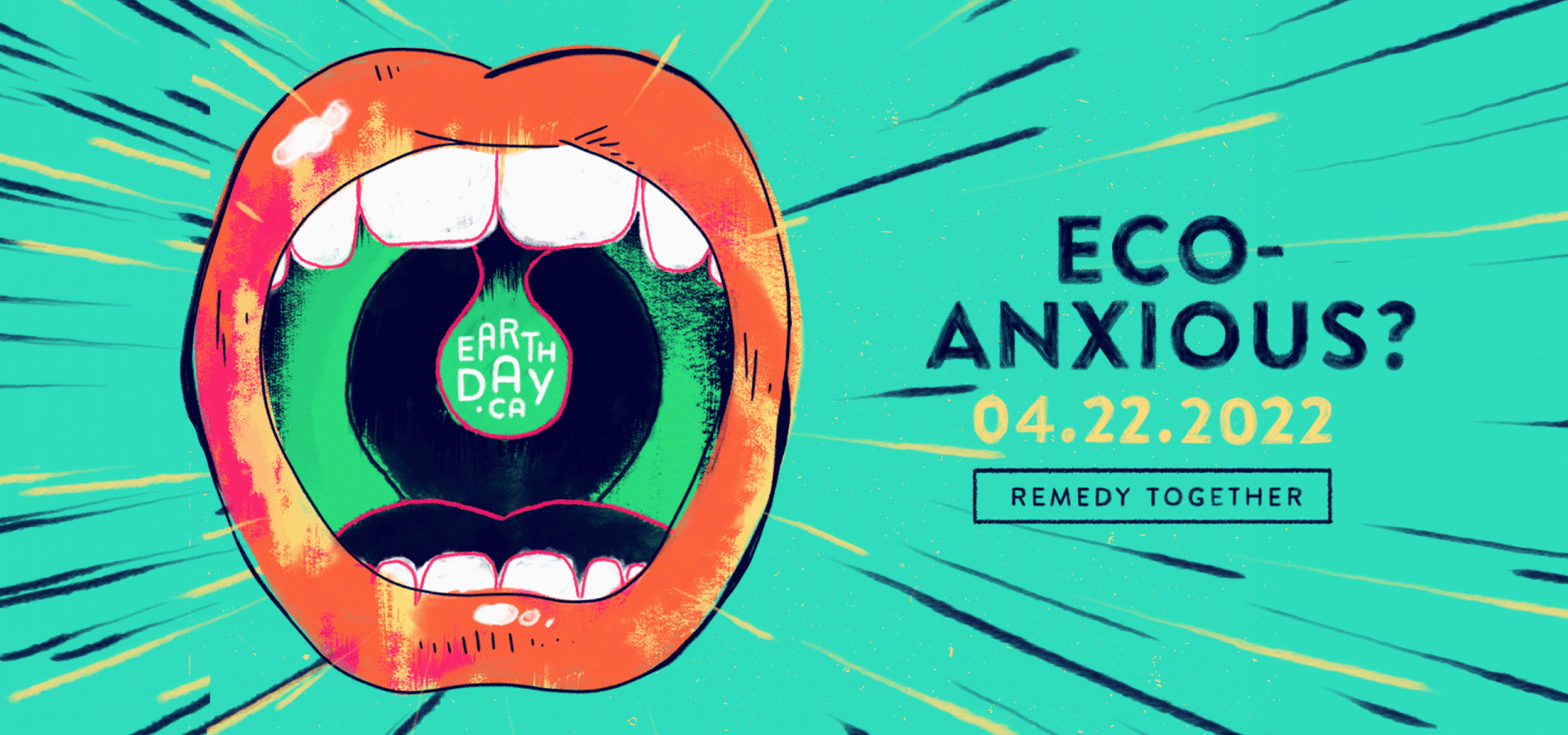When thinking about the future, and specifically the future of our planet, do you find yourself often feeling overwhelmed or worried? As environmentalists, I’m sure you have all felt this feeling – the despair that we aren’t, and will never do enough, and the demotivation felt when another environmental disaster happens, wishing that the news would just pause for one day. I’m here to reassure you that you are most definitely not alone. All of these feelings are summed up in the definition of eco-anxiety, which according to the American Psychiatric Association (APA) in 2017, is defined as “a chronic fear of environmental doom.”
We all feel anxious at times so I’m sure you’re wondering what symptoms are associated with eco-anxiety other than this fear of the destruction of our environment. According to Healthline, one of the main feelings associated with eco-anxiety is that of hopelessness about the future. I’m sure every single one of you reading this has felt that feeling at some point, I think it might be a requirement to become an environmentalist. Other symptoms they’ve listed include frustration, especially towards climate deniers, existential dread, guilt surrounding your own carbon footprint, and obsessive thoughts about the climate. Physical symptoms observed have included sleep problems, appetite changes and difficulty concentrating.
You may be wondering why eco-anxiety seems to be on such a sharp rise in recent years. There are a variety of reasons for this. Firstly, no matter how much you try, it is pretty impossible to ignore the fact that without the earth we would not be able to exist. Even the starkest climate deniers can agree that we need earth, and as such, it is only natural to feel a sense of loss and to grieve for the earth as we become more aware of the rapidly accelerating changes taking place. The second reason is through lived experiences – while hearing about climate change is one thing, living through it is another. For people who have had to experience increased instances of extreme weather events such as hurricanes or drought, the realities of climate change are quite apparent. As someone from the Caribbean, I can attest that this lived experience makes it near impossible to not feel eco-anxiety at times. Gradual changes can also impact people of course, and rising temperatures can also lead to adverse effects. Another reason for the increased instance of eco-anxiety in the population is due to increased media coverage. I’m sure you’ve all felt like you can’t escape the news, and like it is a constant stream of negativity. Reporting on climate change and disasters, while incredibly important, also results in people feeling as though they can’t escape, causing them to feel demotivated. Constant news coverage also results in doomscrolling on social media, leading to people feeling trapped under a constant barrage of doom and gloom. The final reason for an increase in eco-anxiety is due to regret for one’s own individual actions. We now know the extent of our impacts on the climate, and it is hard to not feel guilty about these actions. For example, feeling guilty about using your air conditioner too much, or for all the flights you have taken over your life, or even for just not recycling that piece of paper yesterday. These feelings of guilt can also lead to feeling powerless due to being just one individual.
When looking at eco-anxiety it is clear that this is an issue that will be felt around the world, however, there are groups of people who face a higher chance of climate-related stress due to, in part, their greater vulnerability to climate change. Groups who are higher at risk include Indigenous communities, people living in coastal or island regions, children and older adults, and socioeconomically disadvantaged communities. There are many complex factors that play into this increased instance of risk. Inuit communities face the loss of sea ice which plays a crucial role in not only their way of life but also their culture and identity. Indigenous and other communities that rely on hunting, fishing and farming as their way of life are also at risk due to decreasing availability of fish and other wild animals, as well as increased instances of drought causing crops to be unable to grow. Communities that rely on tourism are also at risk. Travel destinations often rely on the beauty of their natural environment to attract visitors, however, the destruction of natural environments due to climate change will result in fewer tourists and as a result, less income for these communities
Now that you know what eco-anxiety is, why it is on the rise, and who is most at risk, I would like to share my own experience with it. I have studied environmental science since my undergraduate degree, following that with a Masters of Environment and Sustainability. Due to this, I have been surrounded by environmental news, and what sometimes feels like a constant downpour of new climate crises. As a result, in my third year of university to be completely honest, I was rather depressed. Going to class every day was a constant reminder that we, and I, were not doing enough to combat climate change and that even if I did change, I felt it was too late. This resulted in me feeling hopeless and apathetic about the future, often wondering to myself what the point of it all was. This was also at a time when it was quite apparent that the reefs back in my home of Barbados were dying, and we were also experiencing one of our worst droughts ever. I say this all to let you know that if you ever feel this way, you really aren’t alone. I spent the first semester of that year pessimistic and apathetic. If you asked me what I thought of the future, I would’ve probably (annoyingly) said ‘What future?’, if you asked me what we could do I would have replied with a quick ‘nothing.’ Now, do I still feel eco-anxiety? Of course! I honestly think that if you are in tune with the environment it is impossible to avoid. However, apathy doesn’t lead to change, and change is something that we desperately need. I was privileged to be able to go to therapy during this time which helped me understand what I was feeling and identify ways to better cope with these feelings. This coupled with changes in my life, such as becoming vegetarian, spending more time in nature, and living an all-around more eco-friendly lifestyle have helped me deal with my own feelings greatly.
At this point, I’m sure you’re wondering how to address eco-anxiety. MedicalNewsToday has some great tips, as well as a few of my own. The first, and one I can say from personal experience helped me greatly, is by taking action. Action can be taken by volunteering with environmental groups, spreading environmental awareness, and making greener choices in your lifestyle, such as by reducing your meat intake. For me, taking action was done in the form of going vegetarian, attending more rallies, and volunteering – all of which helped relieve a sense of hopelessness about my future. Another way to help alleviate eco-anxiety is by spending time in nature and fostering a better personal connection with the environment. Some professionals recommend keeping a rock, dried flower, or other natural objects to look at or touch as a grounding technique when feeling overwhelmed. Refusing to be in denial is another important, but difficult way to deal with these feelings. Despite wanting to push these feelings away or bury your head in the sand, dealing with them and acknowledging them is incredibly important. Allow yourself to understand why you are feeling this way, and if you feel guilt, forgive yourself for your past actions and commit to doing better moving forward. That is not to say however that you need to be engaged in climate change discourse at all times. It is important to know when to disengage and allow yourself to rest, and also important to ensure that the information causing you this anxiety is accurate and trustworthy. Finally, if possible, speaking to a professional can always help with any feelings of anxiety, and eco-anxiety is no different. If you don’t want to, or can’t speak to a professional, try speaking to someone you trust about these feelings, and always remember, you really aren’t alone. Eco-anxiety is something that we will all probably feel at some point, however, I hope that these feelings can be turned into ones of action and will help us to create a better, less stressful future.















